Bhutan’s top Employee Assistance Program (EAP)
Enhance or replace your EAP with the most holistic approach to employee wellbeing
Healthier employees, better business outcomes
Try MantraCare Program free
"*" indicates required fields
Every second employee in Bhutan is experiencing Chronic Stress
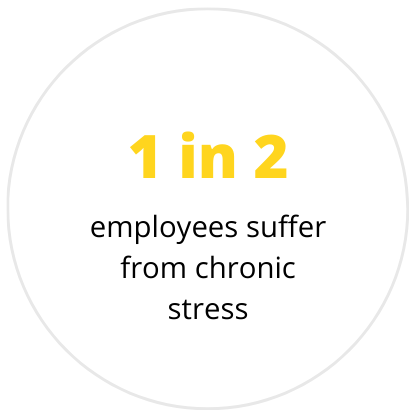
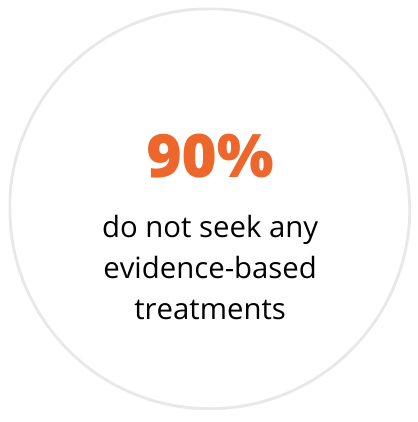
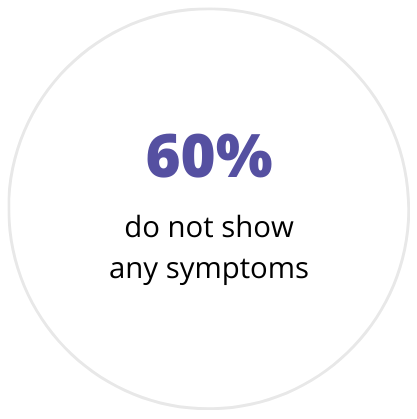
What is an Employee Assistance Program?
Employee assistance programs (EAPs) are confidential, work-based programs that offer assessment, short-term counseling, referrals, and follow-up services to employees who have personal and/or work-related problems.
EAPs can help employees deal with stress, anxiety, substance abuse, relationship issues, and other problems that may impact their job performance or personal well-being. Many organizations offer EAPs as a way to support employee health and productivity.
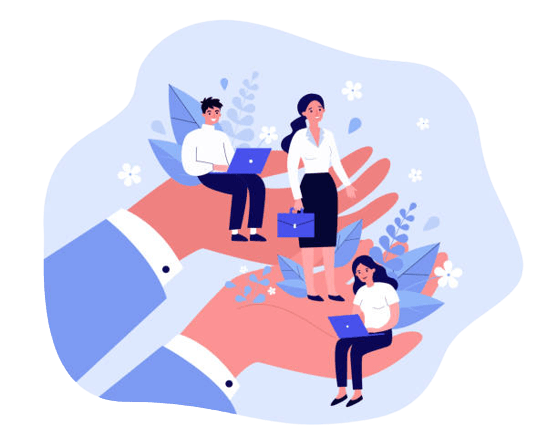
Employee mental health in Bhutan
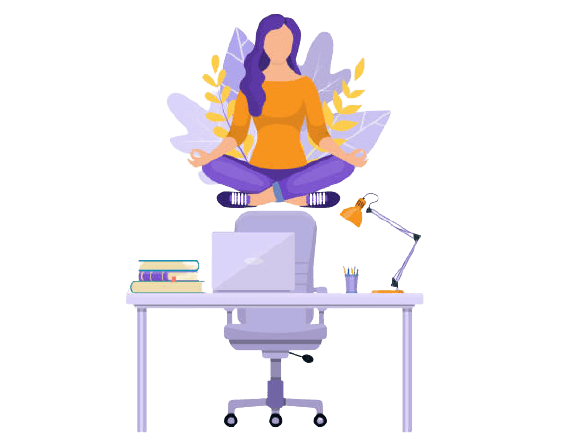
In Bhutan, mental health is often viewed as a taboo topic. however, with the rise in awareness of mental health issues in recent years, this is slowly changing.
Mental health issues are common in Bhutan, with nearly 1 in 5 adults experiencing some form of mental illness in their lifetime. The most common mental disorders include depression, anxiety disorders, and alcohol use disorders.
Mental health in the workplace is often overlooked, but it is an important issue to consider. Employees who are struggling with mental health issues can have a negative impact on their work performance, and may also pose a risk to themselves and others if they are not properly supported.
EAP Benefits
Employee assistance programs can have varied benefits. It can help the employees with work-life balance, provide support during difficult times, and offer resources for career development. In addition, it can also improve communication and collaboration within the workplace. There can also be cost savings associated with EAPs, as they can help to reduce absenteeism, turnover, and healthcare costs.
25% reduction in Absenteeism
23% Improvement in productivity
32% increase in employee morale
How is MantraCare EAP better?
MantraCare offers an intuitive EAP app supporting 20+ languages, 10+ holistic health programs, and 1500+ health experts, boosting the highest employee engagement levels. We have not only delivered positive ROI to our clients in Bhutan but also helped them attain measurable improvement in employee retention. With more than 10 years in the corporate wellness industry, and having served 80,000 employees in Bhutan and 30+ countries, we understand employee wellness! It’s in our DNA.

Higher Engagement Rates & ROI
We see 5-7x higher rates of signup rates compared to other EAPs in Bhutan. This is driven by additional offerings such as meditation, yoga & physio.

High Satisfaction
95% of our users in Bhutan are satisfied with the program. Our proactive coaches and counselors ensure that users are engaged and satisfied.

In-depth Reporting
We deliver quarterly in-depth reports on observations, learnings and recommendations for overall organization change & improvement.

Multimodal Support
Employees can connect over chat, audio, video or in-person sessions, wherever or whenever they want
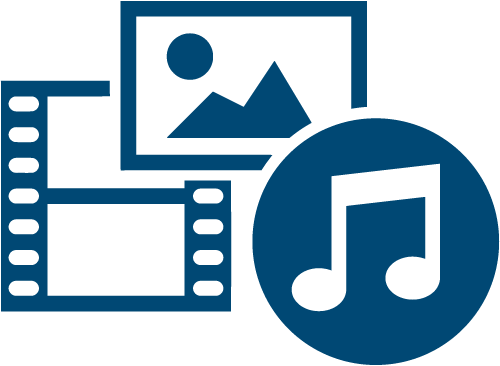
Self-Help Tools
Access to 2000+ articles, calming music, soundscapes, videos and self-assessments on our mobile app.
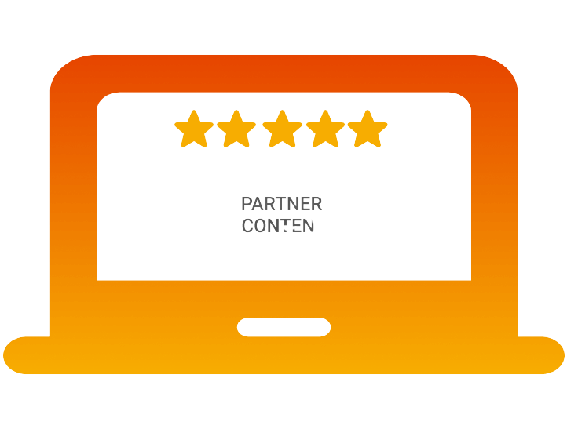
Customized Programs
10+ customized programs addons such as Yoga, meditation, Nutrition, women health, Physical therapy & smoking cessation
Mantracare Employee Wellness Program Benefits
Most of our clients in Bhutan achieved a positive ROI on their employee health investment. We helped them make healthier and happier workplaces, leading to improved employee productivity, improved employee morale, lower absenteeism & higher retention.
IT Company, Bhutan
FMCG Company, Bhutan
Hospitality Company, Bhutan
100+ Companies in Bhutan Trust MantraCare

“As an employer, we understand the importance of employee health and Mantra Care has helped us support our employees in a number of ways. The EAP program provides our employees with the resources they need to manage work/life balance and personal issues. We are very pleased with the service and support that Mantra Care has provided us. This is an excellent program that we would recommend to any company.”
Kevin, Vice President HR
Global IT Services Company
MantraCare has its presence in major cities in Bhutan
- Thimphu
- Punakha
- Tsirang
- Phuntsholing
- Pemagatshel
- Sarpang
- Wangdue Phodrang
- Samdrup Jongkhar
Frequently Asked Question's
An Employee Assistance Program (EAP) is a work-based program that provides confidential assessment, short-term counseling, referral, and follow-up services to employees who have personal or work-related problems.
There are many types of problems that can be addressed through an EAP. Some of these include:
- – Adjustment difficulties
- – Academic problems
- – Alcohol and substance abuse
- – Anger management
- – Anxiety disorders
- – Career concerns
- – Depression
- – Family conflicts
- – Relationship difficulties
- – Sexual orientation issues
- – Stress management.
EAP program is typically sponsored by the employer. MantraCare offers one of the most cost effective EAP solution starting at $2 per employee for the basic plan which includes telephone and app support.
We offer several addons on top of the base plan including video calls, meditation, yoga and other wellness programs. Employers are free to add or remove services based on their requirements.
When choosing an EAP, employers should consider the following:
- Does the program have a good reputation?
- Is the program accredited by a reputable organization?
- What is the program’s confidentiality policy?
- What are the fees associated with using the program?
- What is the quality of the counselors?
- What types of services are offered?
- Is there 24/7 access to services?
- Are language and cultural barriers are taken into account?


